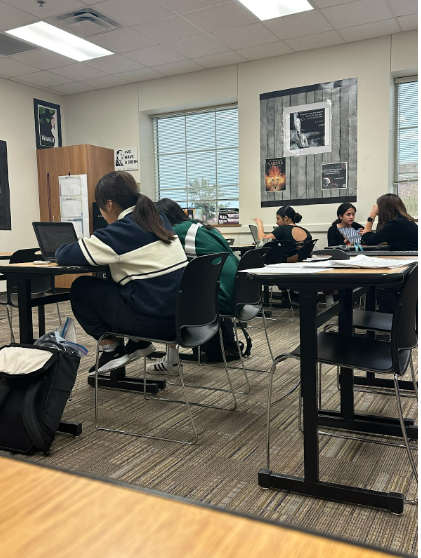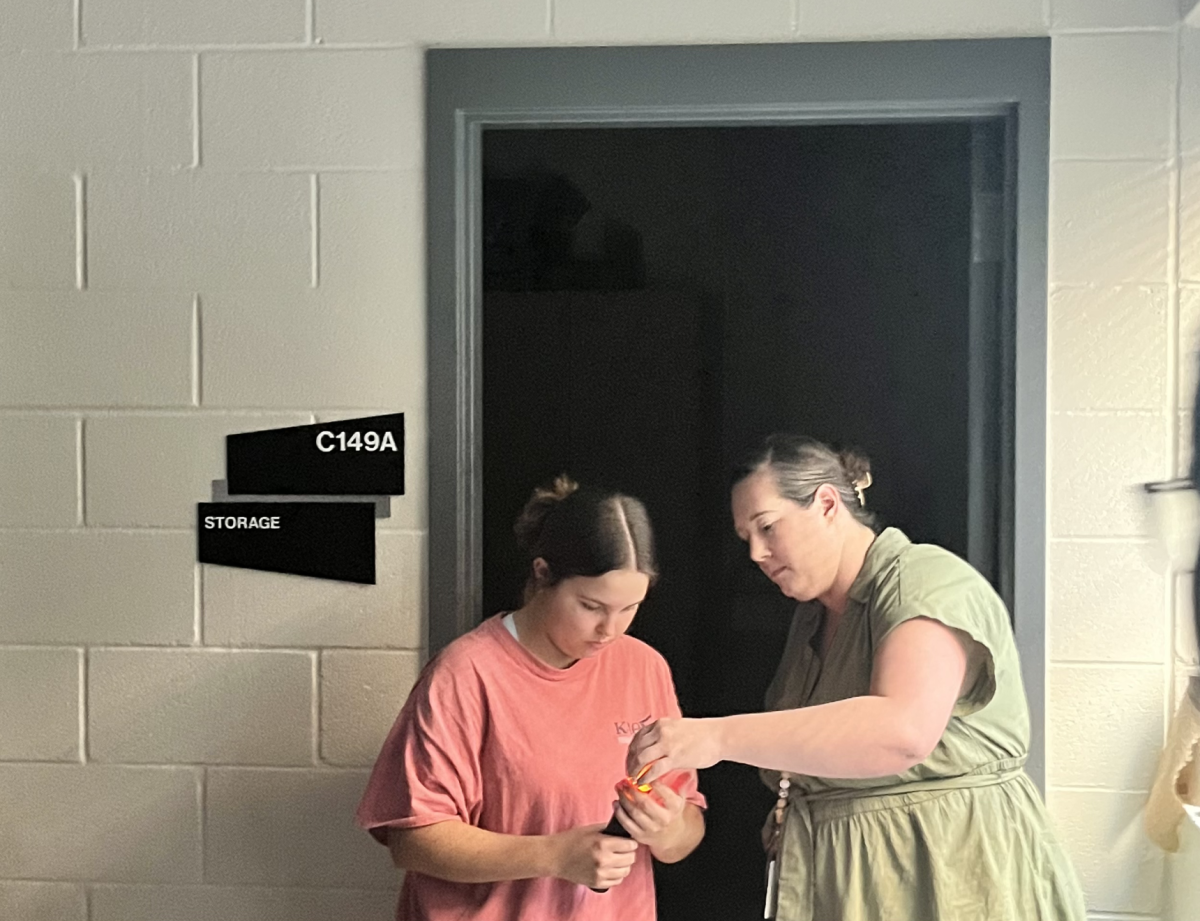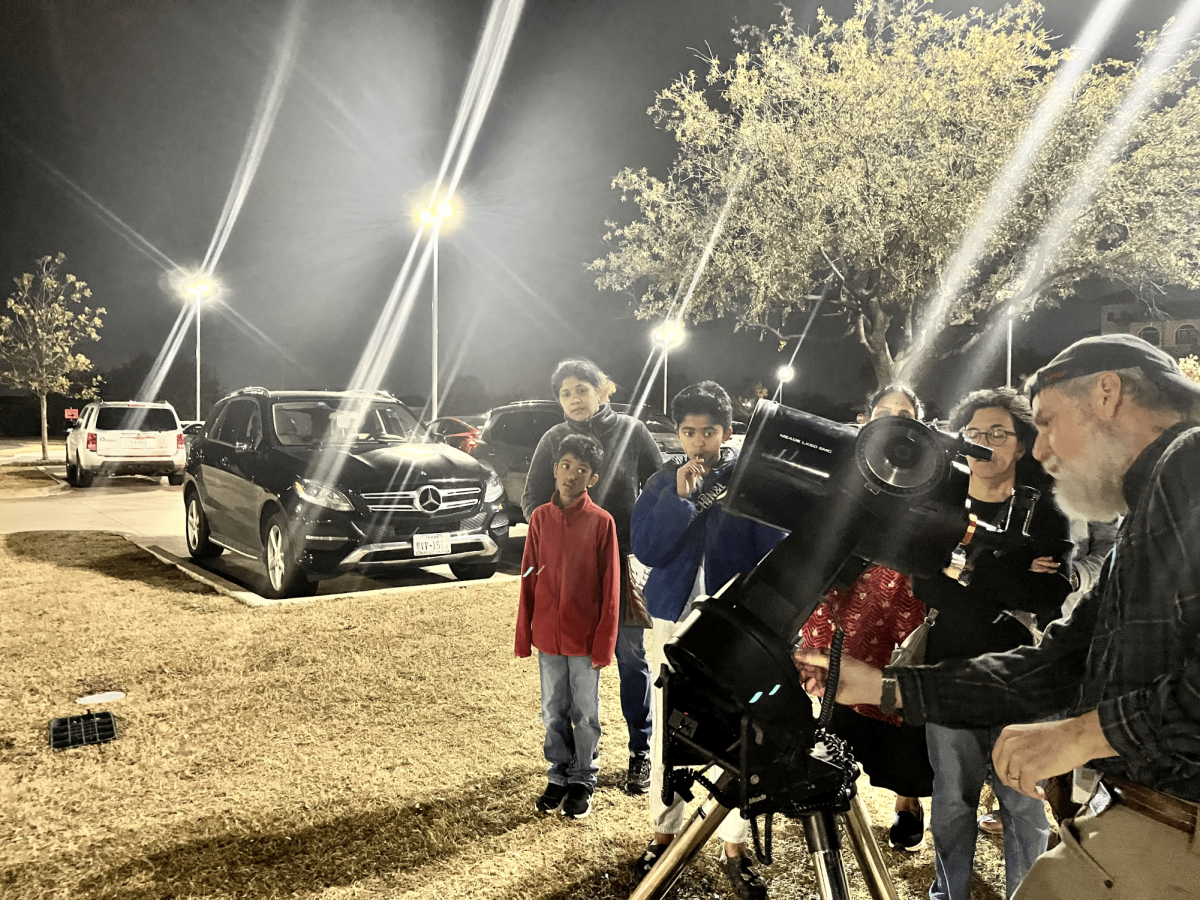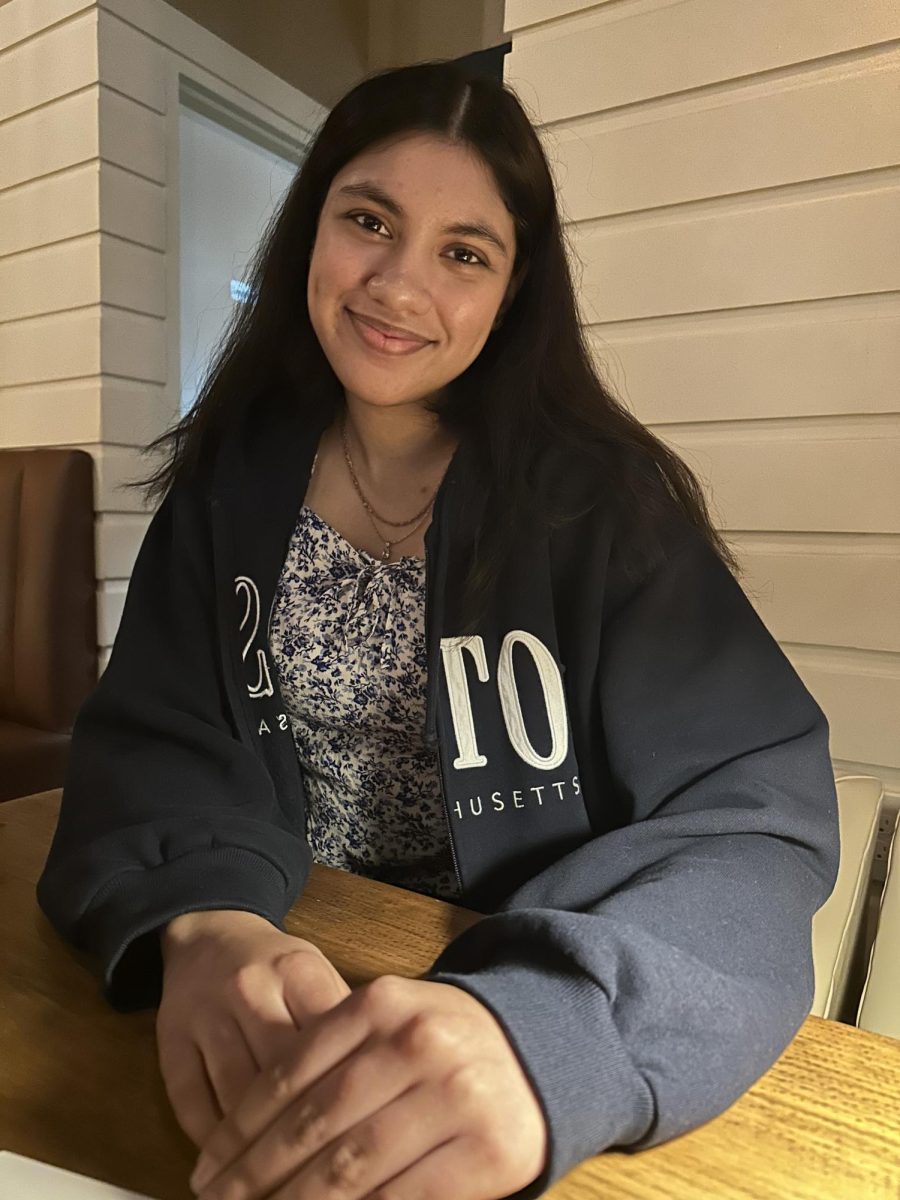
Teamwork is an essential skill for future ready learning, the English as a second language (ESL) program is a prime example of how IHS students help each other succeed.
ESL assists international students with their classes and prepares them for life in the United States.
Students are mainly taught English through an online platform called Lexia.
“They take a test [on Lexia], and their English is scored. After that, the difficulty matches what their score is. There are three components: grammar, comprehension, and word study, so they work through those throughout the year and improve,” said Ethan Rudd, ESL teacher. “Eventually they don’t need it, so it is more of a stepping stone.”
Rudd noted students still struggle with certain subjects.
“The ones that require context, like U.S. history and biology, are the hardest,” said Rudd. “Students who grew up [outside of the U.S.] oftentimes don’t have as much background knowledge on historical events [or vocabulary], so they need more tutoring or more knowledge than they have.”
To help combat this issue and provide international students with more one on one support, National Honor Society (NHS) recruited multilingual students, who grew up in America, as tutors.
“I think since I’m a student, I’m able to recognize what truly helps students understand a topic. I know how frustrating it can be to not get something,” said Victoria Ciriaco, senior student, fluent in Portuguese. “[This] makes [me] teaching a lot more relatable and easy to understand as opposed to a teacher.”
The student tutors focus on aiding the new students with problem areas that they have such as Biology, Algebra, and English.
“I try to pop in at least once a week to see if Jennifer, [my tutee], needs my help on anything, or whenever she texts me needing [assistance],” said Ciriaco.
The introduction of collaborative student tutoring is successful.
“Victoria is a big help to me and has made my subjects much easier by translating things to Portuguese. I have seen a noticeable change in my work, it is very good,” said Jennifer Azvedo, freshman Brazilian ESL student.
About 40 students are in the program; tutors are actively helping ESL students adapt.
“Culture and language are very unifying factors that bring people together so I think making a new friend that can not only help you and offer their support, but is also a part of your culture, makes assimilation a lot smoother,” said Ciriaco.






